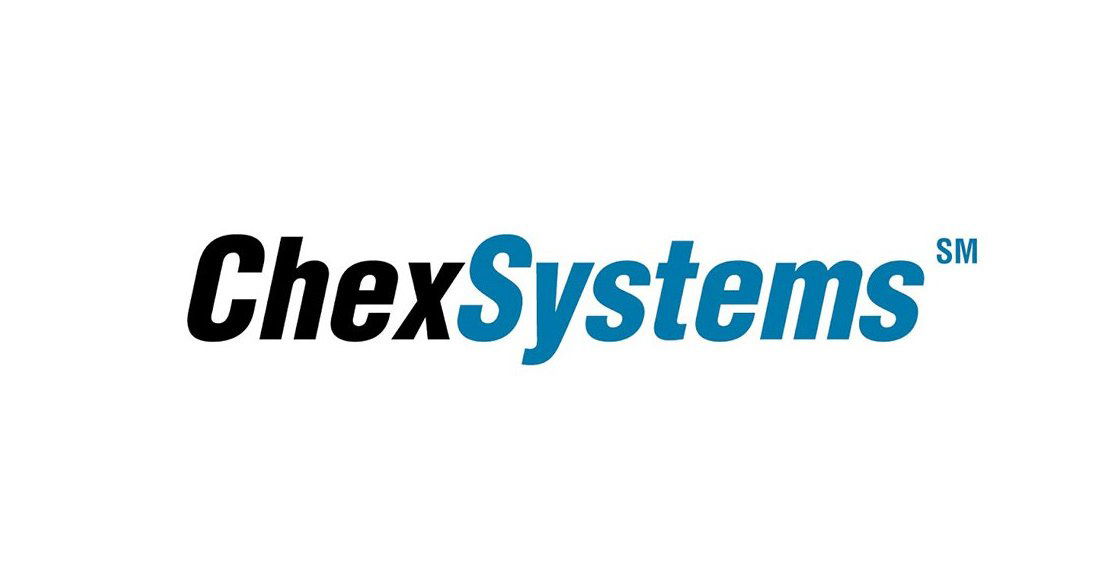A bounced check means you didn’t have enough funds in your account to cover the check you wrote. Not only is it embarrassing to bounce a check, but it can also result in excessive fees and denied bank account applications in the future.
Fortunately, you can recover from the situation and move forward when you know how to handle a bounced check. We’ll go over the step-by-step process you can follow below.

What is a bounced check?
A check bounces when there aren’t enough available funds in the checking account to cover the check amount. When the recipient’s bank tries to cash the check with your bank, and your bank says there are nonsufficient funds, the check ‘bounces’ back to you. With that comes nonsufficient funds (NSF) fees you must pay.
Why do checks bounce?
Checks bounce all the time, simply because the check writer just didn’t realize there weren’t enough funds in the account. It can be an innocent mistake. But, sometimes, people purposely write bad checks to scam others, which is a federal offense.
How long does it take for a check to bounce?
Checks typically take 2-3 business days to clear or bounce. However, by law, banks usually make a certain amount of funds available for withdrawal shortly after a check is deposited. Most checks are required to be available to you the next business day.
What should I do if my check bounces?
If your check bounced innocently, there are certain steps you can take to fix the situation.
1. Communicate With the Recipient Right Away
No matter who you wrote the check to, let them know right away it will bounce. If you catch them before they cash it, you could save yourself the NSF fees. If they already tried to cash it, you’re on the hook for the fees, plus the check amount.
2. Cover the Payment
As soon as you know a check will bounce, work out how you’ll pay the recipient. If you’ve replenished the funds in your checking account, tell the recipient to try depositing it again. Some banks will redeposit a check once as a courtesy.
If the recipient incurred any fees because of the bounced check or if the merchant charged an NSF fee, pay it along with the check amount.
Don’t leave fees unpaid, either. They can lead to collections which can hurt your credit score. They can also prevent you from opening a new bank account in the future.
3. Pay Your Bank the NSF Fees
Your bank or credit union likely charges a bounced check fee between $20 and $40 for a bounced check. However, it can vary based on the bank and sometimes on the amount of the check.
Again, don’t leave any fees unpaid. Banks don’t typically report to the credit bureaus. However, they do report to ChexSystems. They also send unpaid fees to collection agencies who report to the credit bureaus.
What should I do if I received a bounced check?
Receiving a bounced check is an unsettling feeling, but there are simple ways to resolve the problem. Use these steps if a check you received bounces.
1. Contact the Check Writer
Start by letting the check writer know that the check bounced. It may have been a simple oversight, or there may have been a bank issue. The check writer may ask you to try redepositing the check, especially if they’ve deposited more funds or resolved the issue.
2. Wait a Few Days to Redeposit the Check
If the check writer asks you to redeposit the check, wait a few days. If they made another deposit, it might take a couple of days for the money to clear. Most banks won’t redeposit a check more than once, so make sure you deposit at the right time.
3. Go to the Issuer’s Bank to Deposit the Check
If you want to be extra sure the check won’t bounce, cash it at the issuer’s bank. You can tell which bank it is by looking at the bottom left side of the check.
If it’s a local bank, go directly there to cash the check rather than to your bank. If the check writer’s account has enough funds, they’ll cash it on the spot. They can also tell if there are insufficient funds in the account and inform you about it rather than letting the check bounce for a second time.
4. Send a Demand Letter
If you still don’t receive payment for the check, send a formal demand letter by certified mail. This shows the check writer you won’t give up until you receive the funds. It’s also the first step before taking the case to court.
Make the letter specific enough to include the check amount, who wrote it, who it was written to, and the total amount owed (including any fees). At the end of the letter, give a deadline for the payment before taking it to court. You can ask them to pay with an alternative payment method like a money order or credit card.
5. Take It to Small Claims Court
If the check is worth enough to take it to civil court, file a lawsuit against the check writer. First, make sure the check amount is less than the maximum allowed for small claims court. You can check out the limits for your state here.
You can represent yourself in court, but make sure you have enough written proof of the amount. The court may award you two to three times the check amount to cover your court costs and time spent getting the money.
What happens when a check bounces?
Bouncing a check is a serious issue. Even one bounced check can come back to haunt you if you don’t handle it correctly.
Here are the most common consequences of bouncing a check:
Bounced Check Fees
Most banks charge a bounced check fee. Plus, the merchant you wrote the check to may charge a fee too.
This isn’t to be confused with an overdraft fee. An overdraft occurs only when you use your debit card and go over your balance. Some overdraft fees are covered, though.
Bounced checks are not covered, leaving you on the hook for the full check amount, plus the NSF fee charged by the bank.
The Bank May Close Your Account
Banks can close accounts at their discretion. Most banks give you a few chances, meaning they won’t close your account after one bounced check. But, if you have several, they might close your account.
You May Be Reported to ChexSystems
Over 80% of banks and credit unions use ChexSystems or Early Warning Services to view your banking history. So, if you have bounced checks on your ChexSystems record, you may have trouble opening new bank accounts.
It’s still possible to open a second chance checking account or go with banks that don’t use ChexSystems. However, your options will be limited.
It Could Hurt Your Credit Scores
If the bank sends your unpaid fees to a collection agency, they may report it to the credit bureaus. If a collection account shows up on your credit report it will hurt your credit score. Usually, bank issues don’t impact your credit score, but in this case, they may.
In most cases, banks allow you to pay bounced check fees within a few days. However, if you don’t pay them promptly, they sell the debt to a collection agency to handle it.
Legal Trouble
Deliberately bouncing a personal check is against the law. You could face legal trouble, depending on your state’s laws, if they suspect that you knew the check wouldn’t clear.
Will your bank notify you if a check bounces?
Banks aren’t required by law to notify you when you bounce a check because of insufficient funds. So, it’s important to keep track of your transaction history and balance.
How many times will a bank try to clear a check?
Banks typically attempt to deposit the check two or three times when there are insufficient funds in your checking account. However, they are not required to resubmit the check, and there is no guarantee that it will be resubmitted even once.
How can I avoid writing a bounced check?
Fortunately, it’s easy to avoid bounced checks and the unnecessary fees that accompany them.
Stay Current on Your Balance
Download your bank’s mobile app or log into your bank account daily and check your balance. If you aren’t sure how much you have and whether you can cover the check you’re about to write, wait until you know.
You can also use an automated budgeting app like YNAB or Mint, or even just the good ole’ check register to keep track of your account balance. Whichever method you can use most consistently, is the right choice for you.
Create a Budget
Never assume you have enough money to cover a check you’re writing. Make sure you know, by creating a budget and sticking to it. Constantly check your spending and compare it to your budget.
Make sure you have enough money to cover your expenses plus any checks you’ve written. Sometimes we write checks and forget about them. If the recipient doesn’t cash them right away, it’s easy to forget and spend the funds.
Using a budget, you’ll always know when you wrote the checks and if they’re still outstanding.
Carry a Buffer Balance
Don’t run your account down to the penny every month. Keep a buffer balance so you can cover any missed checks or make up for any mistakes. This prevents you from paying unnecessary NSF fees because you forgot about a check you wrote, or the recipient didn’t cash it for a few months.
Overdraft Protection
Some banks offer overdraft protection. For instance, you may be able to link your savings account to your checking account. That way if there’s not enough money in your checking account to cover a payment, your savings account could back you up.
You may also be able to sign up for an overdraft line of credit, or you may just want to choose a bank that doesn’t charge overdraft fees. Talk to your bank representative to see what options are available.
Conclusion
Bounced checks happen, but they don’t necessarily have to wreck your finances. Knowing how to handle a check if you bounce it and how to prevent it in the future is essential.
One bounced check may not be the end of the world, but a couple of bounced checks can make a world of difference. This is especially true regarding financing and bank account options you have at your disposal from banks and future creditors.




